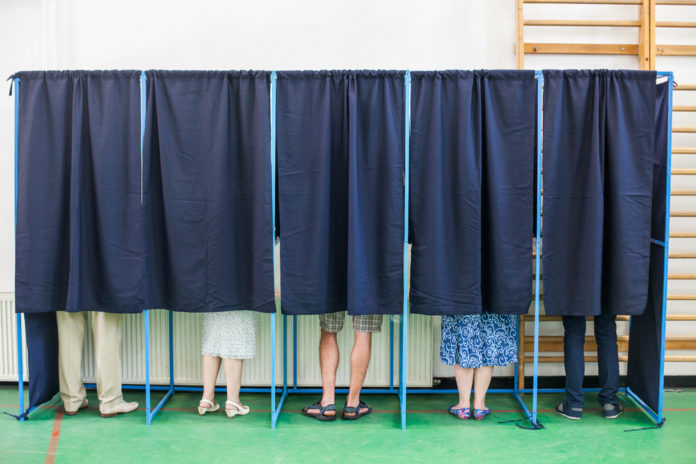Yesterday’s election marked the biggest expansion of legal cannabis to date. Cannabis reform seems to be a rare consensus issue this year in the United States. Of the nine cannabis measures on the ballot, seven were approved. (Arizona is the only state that rejected its measure, Prop 205. And the votes are still being tallied for Maine’s Question 1.)
Let’s start with big winners for recreational use:
California passed Proposition 64, which allows adults age 21 and older to possess and use cannabis for recreational purposes. It creates two new taxes, one levied on cultivation and the other on retail price. Revenue from the taxes will be spent on drug research, treatment, and enforcement; health and safety grants addressing cannabis; youth programs; and preventing environmental damage resulting from illegal cannabis production. Voters approved Prop 64 by a margin of 56%-44%.
Question 4 was drafted to provide adults over 21 in Massachusetts with the right to use, grow, and possess cannabis. Question 4 allows individuals to possess less than 10 ounces of cannabis inside their homes and less than one ounce in public. They can also grow up to six cannabis plants in their homes. Voters approved Question 4 by a margin of 54%-46%.
Nevada residents approved Question 2, which permits the purchase, possession, and consumption of one ounce or less of cannabis or one-eighth of an ounce or less of concentrated cannabis for individuals 21 years of age or older. The measure permits individuals 21 years of age or older to grow up to six cannabis plants for personal use. Question 2 was approved 56%-46%.
Question 1 in Maine would legalize, regulate, and tax cannabis as an agricultural product if it is approved. It would allow individuals over the age of 21 to possess and use cannabis and provides for the licensure of retail facilities and cannabis social clubs. Question 1 requires the cannabis industry to be regulated by the Maine Department of Agriculture, Conservation, and Forestry. It also states that municipalities may limit the operation of retail stores; and that a 10-percent tax be placed on cannabis sales. Maine voters approved the measure by a razor-thin margin of 50.2%-49.8%.
Arizona was the clear exception to yesterday’s vote. Proposition 205 would have permitted adults to carry up to one ounce, grow up to six plants, and consume cannabis in non-public spaces. Retail cannabis sales would have incurred a 15-percent tax. Voters rejected the measure 52%-48%.
Four states approved medical cannabis measures:
Arkansas residents voted on Issue 6, which was drafted to legalize medical cannabis for 17 qualifying conditions. It also intends to allocate tax revenue to technical institutes, vocational schools, workforce training and the state’s General Fund. Voters approved the measure by a margin of 53%-47%.
Florida‘s amendment 2 allows for the medical use of cannabis for individuals with debilitating medical conditions as determined by a licensed physician. It also grants caregivers the right to assist patients’ medical use of cannabis. Florida has a high threshold for ballot measures, requiring 60% for approval. Voters overwhelmingly passed Amendment 2 by a margin of 71%-29%.
Initiative 182 was designed to amend Montana‘s Senate Bill 423 and rename the Montana Marijuana Act as the Montana Medical Marijuana Act. The measure repealed SB 423’s requirements that medical cannabis providers have no more than three patients and that the state review physicians who prescribe cannabis to more than 25 patients per year. The measure allows physicians to prescribe cannabis for patients diagnosed with chronic pain or post-traumatic stress disorder (PTSD). Initiative 182 passed by a margin of 58%-42%.
Initiated Statutory Measure 5 allows for North Dakota residents to use medical cannabis to treat defined debilitating medical conditions, such as cancer, AIDS, hepatitis C, ALS, glaucoma and epilepsy. The measures will also regulate medical cannabis growing, dispensing and usage. Residents approved the measure by a margin of 64%-36%.
(This post was updated on 11/10/16 to reflect the final vote totals in Maine.)











